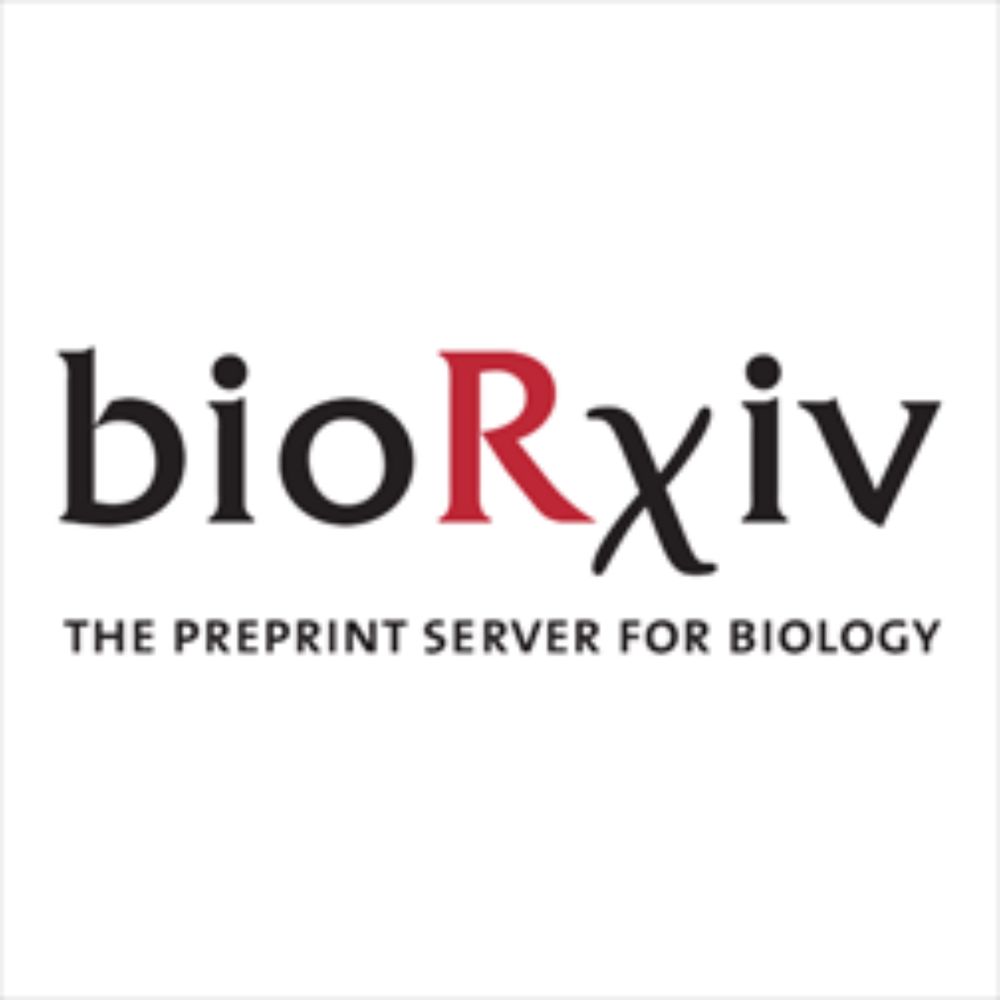
These complete Part 3 of the book, on human population structure and history:
3.3: Human prehistory [separate thread]
3.4: Ancient DNA: a genetic time capsule [this thread]
web.stanford.edu/group/pritch...

This has been a tremendous collaborative effort in the labs of Isha Jain @ishahjain.bsky.social and Hani Goodarzi @genophoria.bsky.social.
This has been a tremendous collaborative effort in the labs of Isha Jain @ishahjain.bsky.social and Hani Goodarzi @genophoria.bsky.social.

Contribute towards multidisciplinary knowledge exchange, and bridge gaps across genetics, cell biology, and human health.
📅 29 June -1 July 2026
Submit an abstract by 20 April ➡️ bit.ly/4mYud02
#ComplexTraits 🧪

meetings.cshl.edu/meetings.asp...

"Ancient DNA reveals elephant birds and kiwi are sister taxa and clarifies ratite bird evolution"
Clearly written. It discusses hypotheses of relatedness among species via continental drift vs genetic data. 🧪
www.science.org/doi/10.1126/...

"Ancient DNA reveals elephant birds and kiwi are sister taxa and clarifies ratite bird evolution"
Clearly written. It discusses hypotheses of relatedness among species via continental drift vs genetic data. 🧪
www.science.org/doi/10.1126/...
papers.ssrn.com/sol3/papers.... @marsonlab.bsky.social @jkpritch.bsky.social

papers.ssrn.com/sol3/papers.... @marsonlab.bsky.social @jkpritch.bsky.social

We use them to map 665,856 pairwise genetic perturbations and outline a path to comprehensive interaction mapping in human cells.
We also introduce an approach for cloning lentiviral libraries with billions of elements.

We use them to map 665,856 pairwise genetic perturbations and outline a path to comprehensive interaction mapping in human cells.
We also introduce an approach for cloning lentiviral libraries with billions of elements.


Very worryingly we find that TWAS gets the sign wrong around 1/3 of the time (compared to 50% for pure guessing). You can read more about our analysis here, and what we think is going on 👇
In a new pre-print, we find that TWAS gets the sign wrong around 20-30% of the time!
doi.org/10.64898/202...
1/n

Very worryingly we find that TWAS gets the sign wrong around 1/3 of the time (compared to 50% for pure guessing). You can read more about our analysis here, and what we think is going on 👇

Led by amazing postdocs Emma Dann and Ronghui Zhu, with my wonderful collaborator Alex Marson.

Led by amazing postdocs Emma Dann and Ronghui Zhu, with my wonderful collaborator Alex Marson.


One might consider a donation.
One might consider a donation.

@natanaels.bsky.social and Anastasia Stolyarova, trying to think through what sets the mutation rate of a cell type in an animal species: www.biorxiv.org/content/10.6... 1/n

@natanaels.bsky.social and Anastasia Stolyarova, trying to think through what sets the mutation rate of a cell type in an animal species: www.biorxiv.org/content/10.6... 1/n
On how ~neutrally evolving CAG repeats over the lifespan eventually exerts neurodegenerative phenotype in Huntington’s disease.
On how ~neutrally evolving CAG repeats over the lifespan eventually exerts neurodegenerative phenotype in Huntington’s disease.

